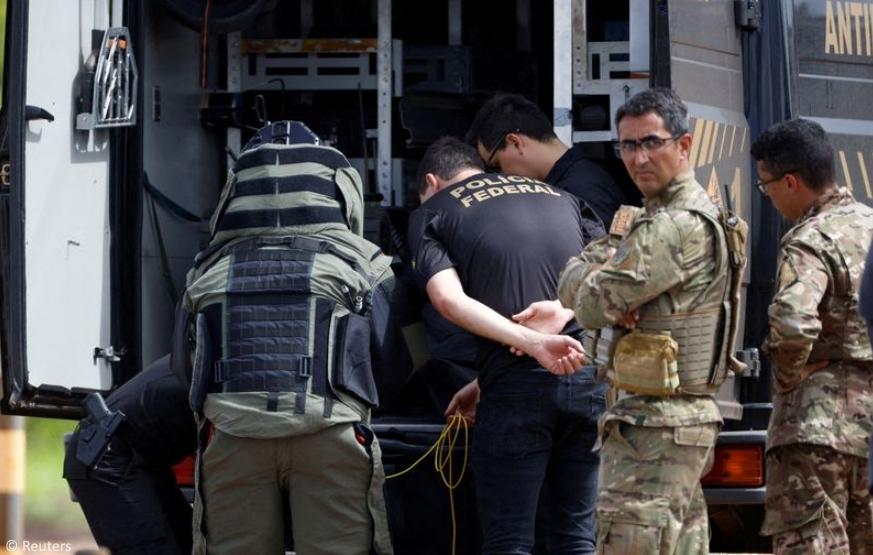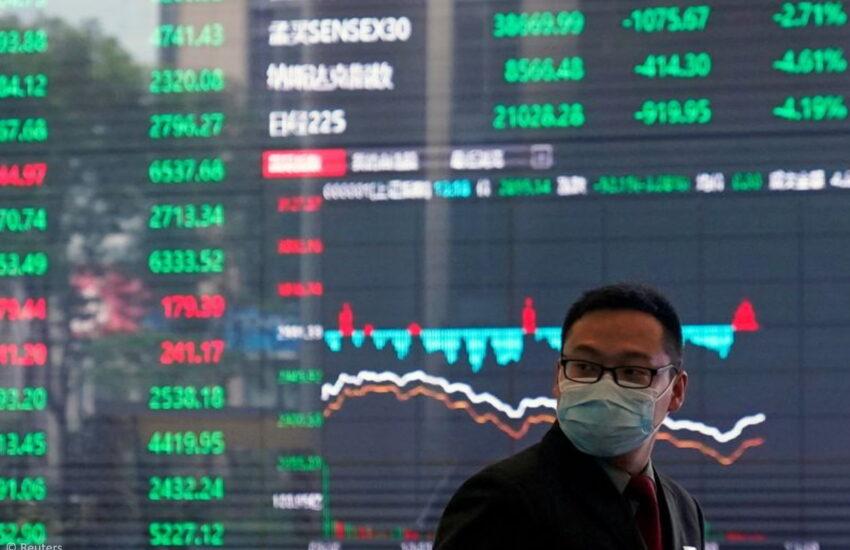How might the protests in Brazil affect the markets?
In Latin America’s largest country, Brazil, the seizure by supporters of former President Jair Bolsonaro of top government buildings in the capital has become a serious test for investors, writes Reuters.
A peaceful transfer of power followed elections after the end of the country’s years-long military regime in 1985, but Brazil’s political polarization will be a problem for newly sworn-in President Luiz Inácio Lula da Silva after his recent October election victory.
Although this is likely a temporary shock, the investment will pay off depending on the course of economic policy under Lula and global financial conditions, experts say.
However, investors and analysts are by no means ignorant of Lula’s task of controlling risk, and believe that in the long term, the focus will continue to be on fiscal issues, and his main task will be to unite a working coalition in Congress to pass laws, and at the same time not undermine its popularity with unpopular fiscal measures, which could delay the announcement of fiscal adjustment measures.
Lower inflation in the country may allow the central bank to start cutting rates in the second half of the year.
Discussing a new fiscal system is a key move by Lula’s administration after politicians highlighted the inflationary risk of the newly elected leftist president’s 168 billion reais ($32 billion) spending proposal to fulfill his campaign promises.
Recent protests and violence over the weekend could ease pressure on Lulu to present an economic plan in the coming weeks and slow down the reform agenda.
But the impact of protests in the short term on the market looks limited. The real fell 1.6% but recouped most of the losses, the stock market has rebounded after an initial fall, while credit default swaps are broadly stable.
The country’s commodity-driven economy, and constant central bank regulation, made Brazil the choice of investors in emerging market asset managers last year.
Violent demonstrations are indicative of deep social and political polarization before and after elections, while an unsettled and divided political environment and associated high social tensions support high risk premiums and can undermine overall governance. Social tensions in the country could rise if Lula’s government loses popular support in the context of greater economic hardship.
Brazil’s hard-currency debt spread over US Treasuries widened to 262 basis points on Monday, further off pre-pandemic levels.




